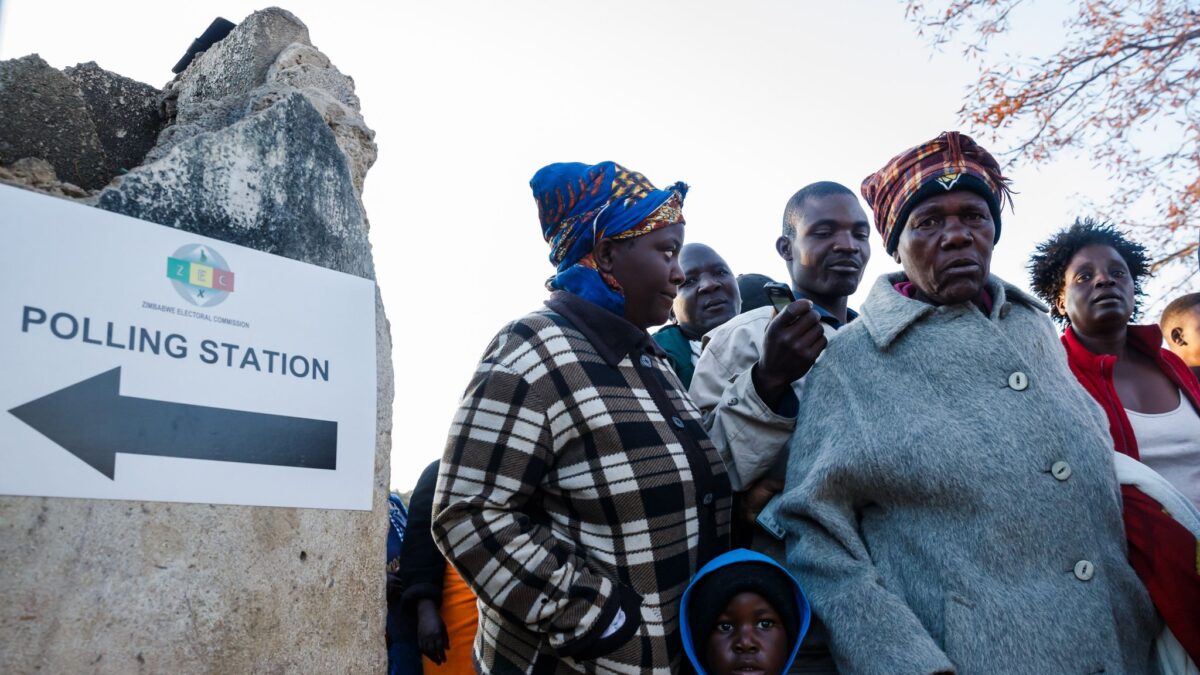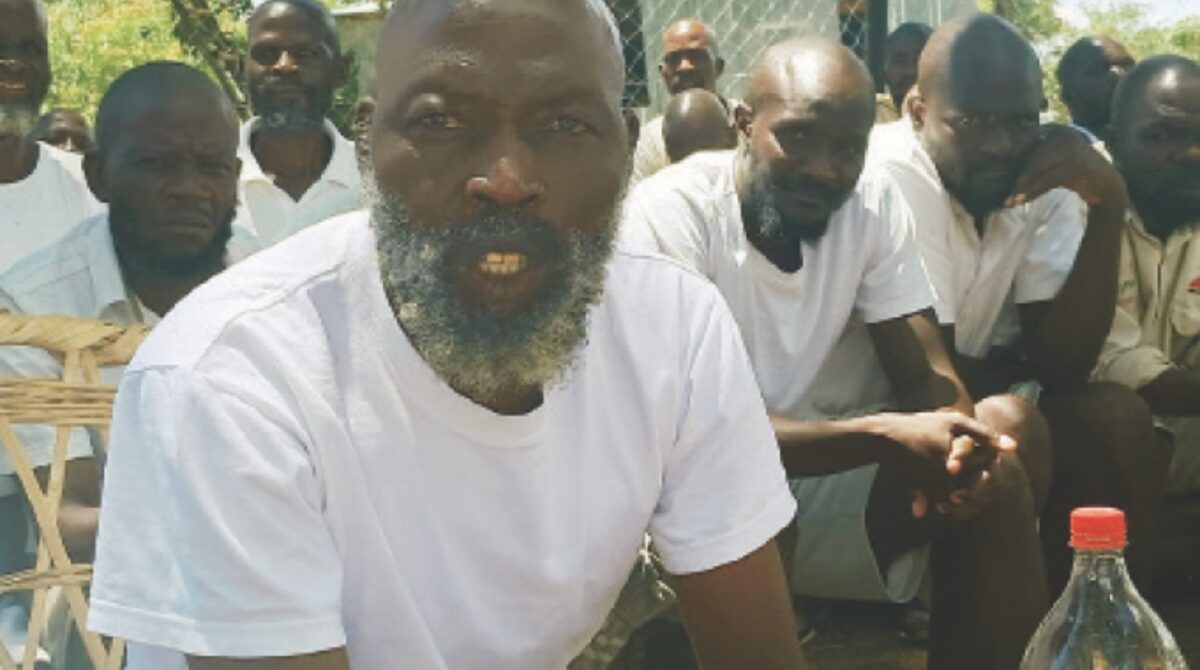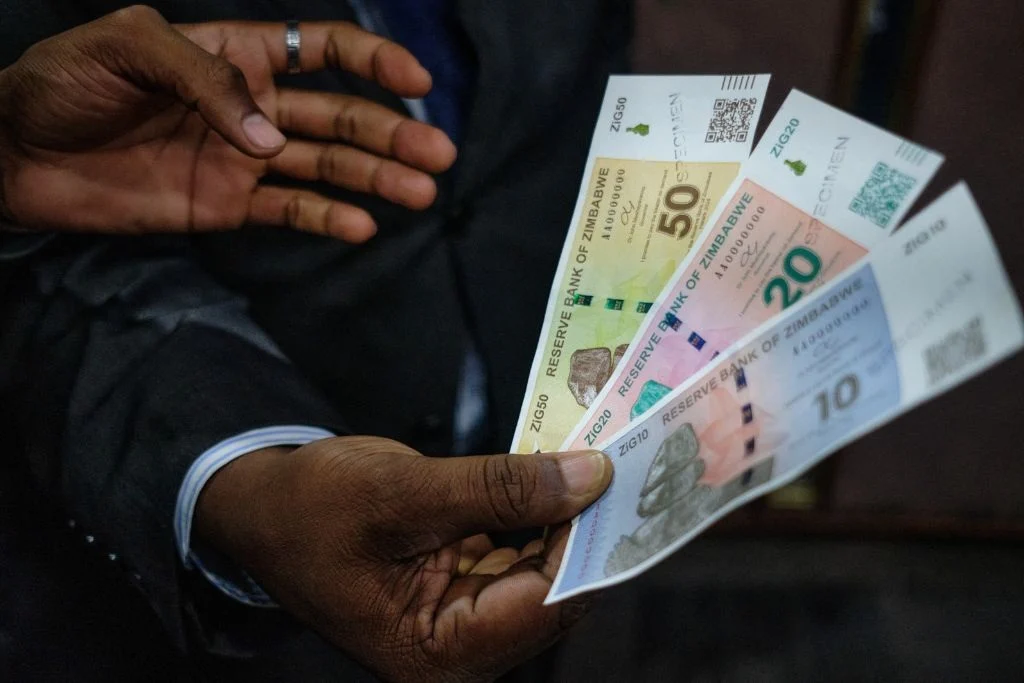HARARE – A law under which Zimbabweans who are absent from the country for a continuous 12 months can be stripped of their voting rights and prevented from running for political office has been challenged as unconstitutional.
Prominent Bulawayo lawyer Nqobani Sithole filed a High Court application on Tuesday seeking to have section 23(3) of the Electoral Act declared invalid. He is represented by Addington Chinake of Cantor and Immerman.
The law was recently used to bar Saviour Kasukuwere from running for president as an independent, although he has challenged the ruling at the Supreme Court.
The Sithole application was not filed as an urgent matter and is expected to be heard after the August 23 elections. A finding of constitutional invalidity would affect future elections.
The offensive law says “a voter who is registered on the voters roll for a constituency… shall not be entitled to have his or her name retained on such roll if, for a continuous period of twelve months, he or she has ceased to reside in that constituency…”
Justice David Mangota, in the Kasukuwere judgement, reasoned that lawmakers introduced the legislation with an intention “to allow only persons who are familiar with the issues which are in Zimbabwe the right to vote or be voted in elections.”
Sithole said his application had been filed “in the public interest.”
“It is in the public interest that all laws are consistent with the constitution, more so wen human rights are involved, and any law which is inconsistent with it is invalid to the extent of the inconsistency.”
Sithole is seeking a declaration of constitutional invalidity against section 23(3) of the Electoral Act which he argues “breaches the right to enter and leave Zimbabwe and to be resident in one’s place of choice as one pleases”; is “invalid law as it is inconsistent with paragraphs 1(2) and 4 of the Fourth Scheduled of the constitution; it is invalid law in terms of sections of the constitution which recognize dual citizenship without limitation for citizens by birth and that it constitutes an “unjustifiable limitation of the right to vote” guaranteed by the constitution.
If the court finds that the law is invalid, Sithole wants the order referred to the Constitutional Court for confirmation and that pending the determination by the Constitutional Court “all processes founded on section 23(3) of the Electoral Act be stayed.”
The Zimbabwe Electoral Commission, the justice minister and the attorney general are cited as respondents in the court application.















